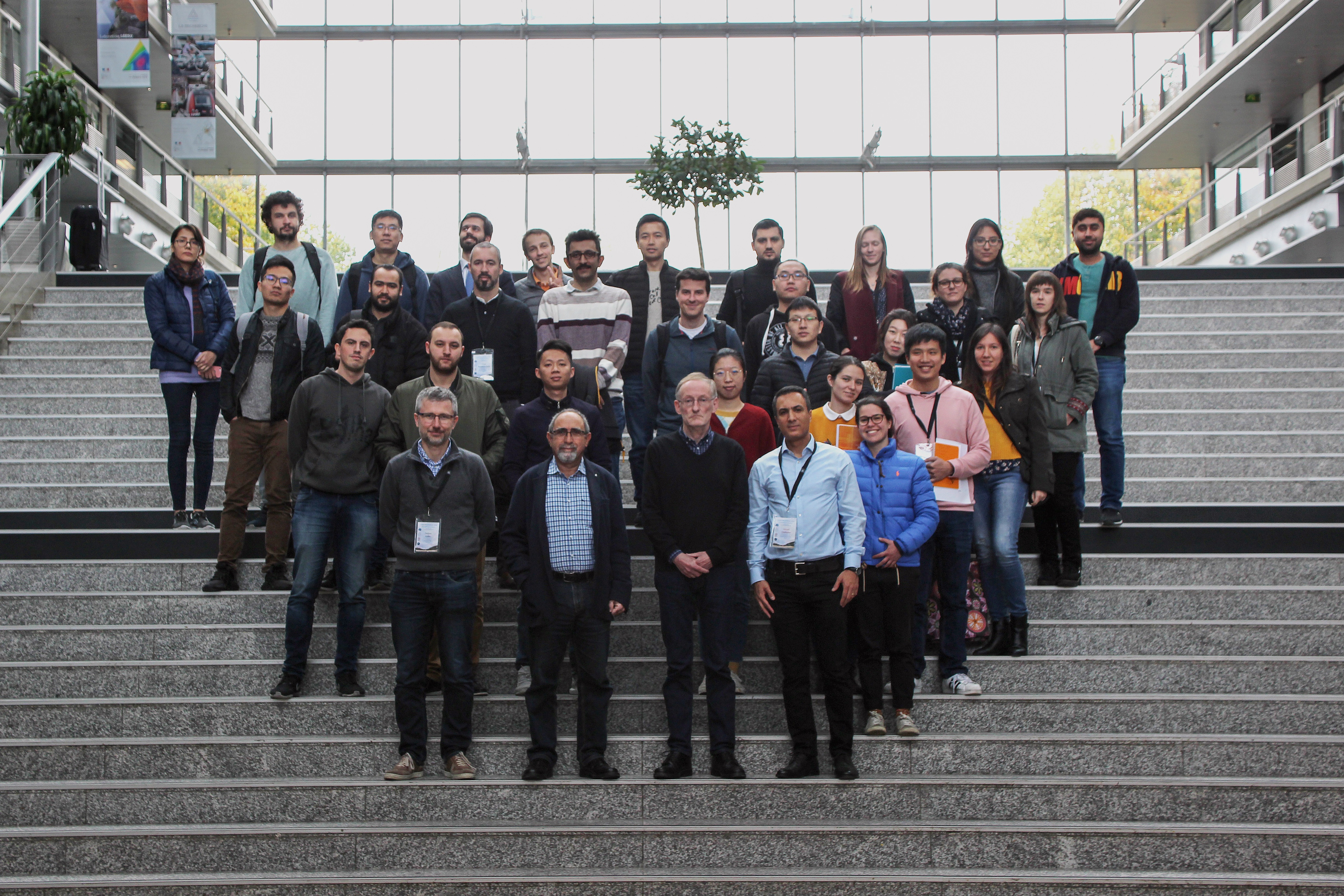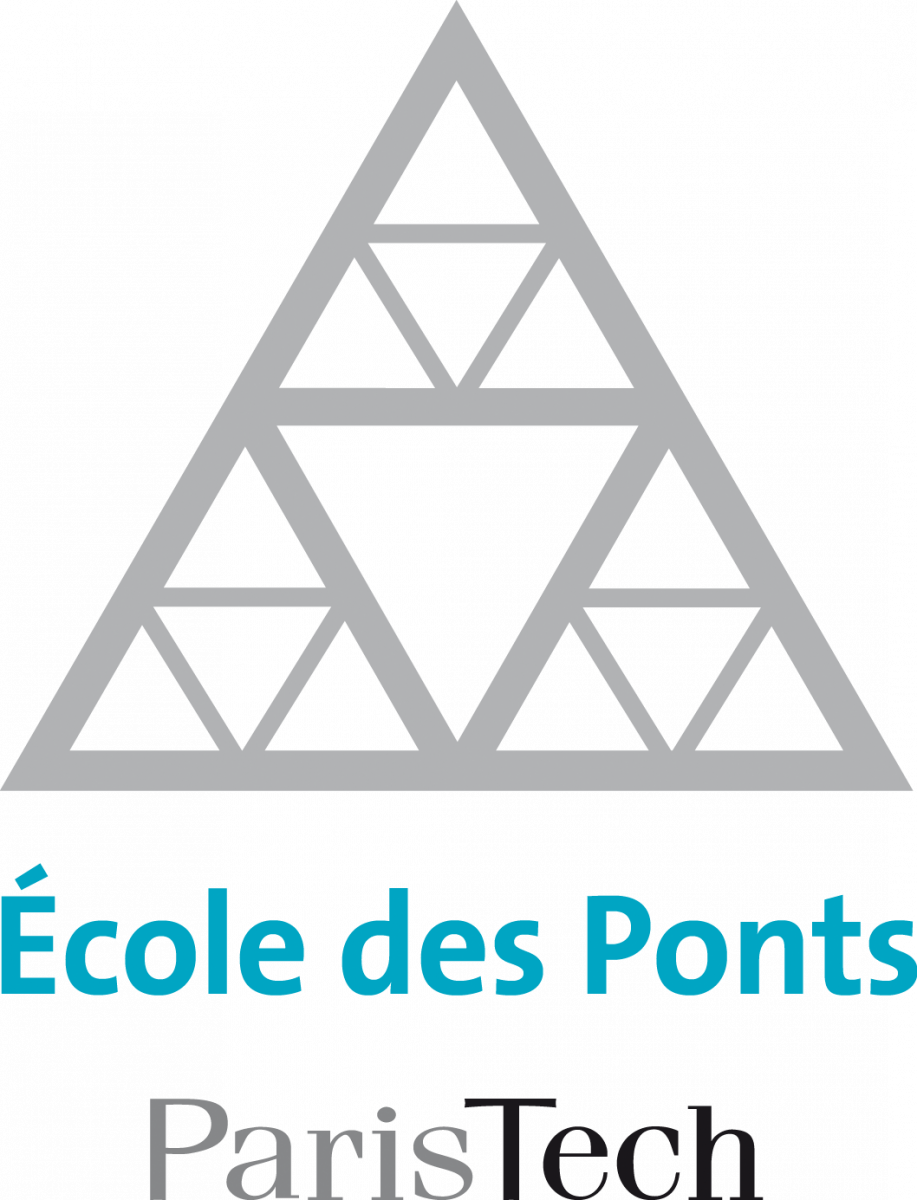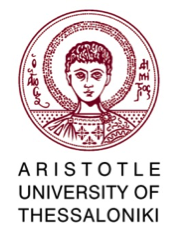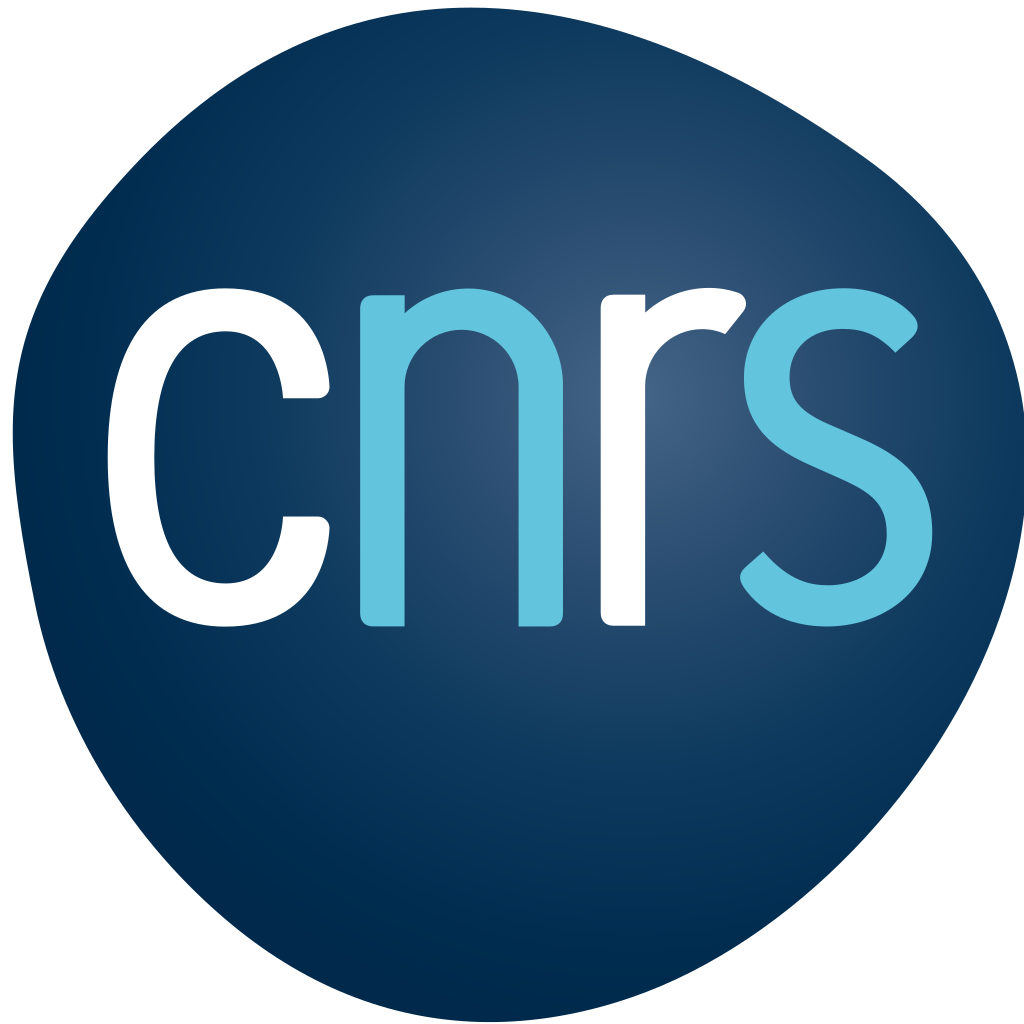
|
|
|
|
Alert Olek Zienkiewicz course 2019
The 11th edition of the ALERT Olek Zienkiewicz Course will be held from Monday, 28th to Thursday, 31th October 2019 in Paris, France. The topic of the course is Petroleum Geomechanics The school is organized by Siavash Ghabezloo (Ecole des Ponts ParisTech, France) and Euripides Papamichos (Aristotle University of Thessaloniki, Greece). Petroleum Geomechanics is the engineering discipline which deals with the mechanical behavior and response of the geological formations, at the reservoir scale or at the wellbore scale, during exploration and production of oil and gas, or injection and storage of fluids deep in the subsurface. It is tightly related to engineering geology, soil and rock mechanics and seismology. Ensuring safety, integrity and optimization of various operations in petroleum industry are highly dependent and based on geomechanical considerations and modellings. The progressive depletion of easily exploitable oil and gas resources during the past decades lead the petroleum industry to bore in deeper formations and more difficult conditions in terms of stress state, temperature, deformability and permeability. This leads to challenging operational conditions and the use of unconventional exploitation methods. Ensuring the safety, integrity and economical rentability of infrastructures in these conditions, in addition to the engineering challenges related to the integrity assessment of CO2 sequestration systems, lead to an increasingly important part for geomechanics for industry applications. In this context, the 11th edition of the ALERT Olek Zienkiewicz Course is dedicated to Petroleum Geomechanics. The aim is to make PhD students familiar with the main problems of oil and gas exploration and production, related to geomechanics and show them various analysis and design methods used to tackle them. A broad range of subjects will be covered by the instructors from the petroleum industry and the academic world. The course will begin with a presentation of main problems, challenges and perspectives in the petroleum industry in relation to geomechanics. A good understanding of these problems needs a knowledge of the geological conditions of subsurface and the structural composition of petroleum reservoirs. This is followed by a presentation of the exploitation and production methods for conventional reservoirs, drilling mechanics and completion technology, before moving to the exploitation of unconventional reservoirs by hydraulic fracturing. The analysis and design of these production methods need a presentation of the hydro-mechanical behavior of various rocks in the system and the experimental methods used for evaluation of their properties in the laboratory, which will be followed by a visit of the laboratory facilities of Ecole des Ponts ParisTech. The evaluation of rock properties deep in the subsurface is largely based on the interpretation of well logs and elastic wave propagation in rocks which will be presented before addressing the in-situ stress determination which is another important ingredient needed for every geomechanical analysis. s The information concerning rock behavior and properties and the in-situ stress state will be used to calculate the borehole stresses for wellbore stability analysis and sand production prediction. The course will end with a presentation of the consequences of petroleum production or fluids injection in the reservoir and the overburden formations and the resulting stress changes in terms of ground movements or faults reactivation. |






